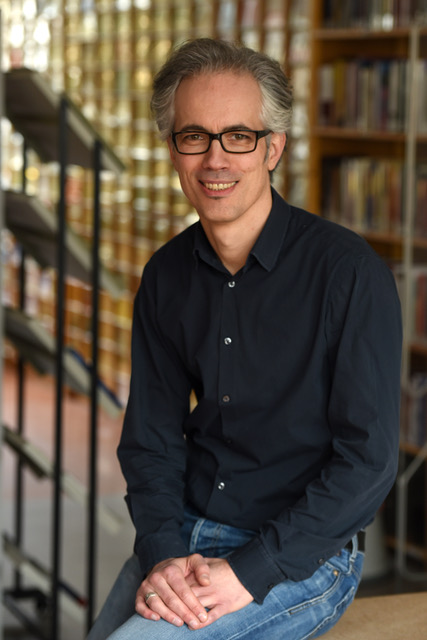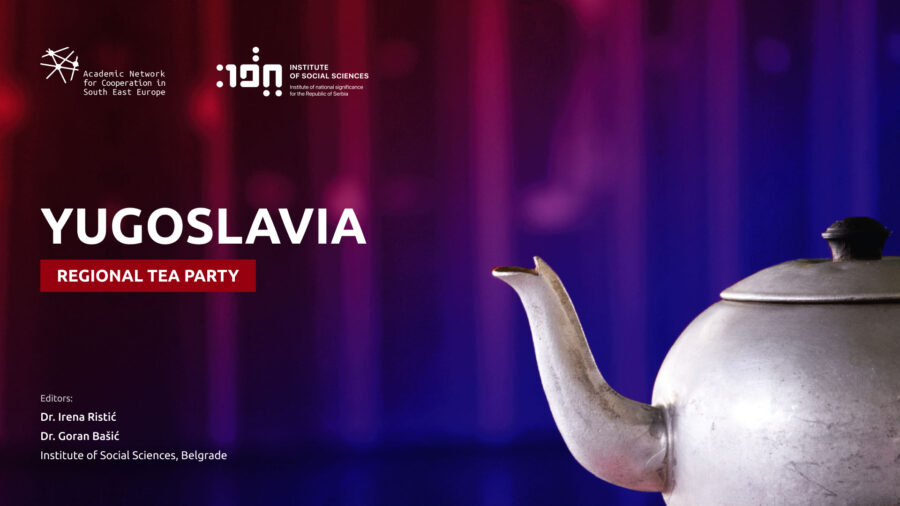In his lecture “The decline of solidarity in Yugoslavia: The League of Communists of Yugoslavia as a messenger of socio-political changes”, Edvin Pezo will talk about the understanding of solidarity and its role in the internal political discourse within the League of Communists of Yugoslavia (LCY) until the mid-sixties of the 20th century, at a time when the country was being rebuilt and political power was being consolidated.
As a starting point the lecture will discuss the term solidarity as defined by the German sociologist Heinz Bude in his book Solidarity: The Future of a Great Idea (Solidarität: Die Zukunft einer großen Idee, 2019). Bude claims that today’s societies of most Western countries are facing an ongoing conflict on solidarity, mainly based on the issue of immigration. The modern history of the concept of solidarity however begins with the formula of the French Revolution: liberty, equality, fraternity, and as “communist solidarity” it was in the socialist countries of Eastern and Southeastern Europe after 1945, put into the hands of the “party of brotherhood”.
In Yugoslavia, where the brotherhood and unity of the people and the solidarity of working people (1963) were part of the constitution, the question of solidarity after the Second World War faced the specifics of the political system in which the political elite was confronted not just with its own diverse demands, but also with many social political challenges.
The lecture will discuss the issue of solidarity in the internal political discourse of the Communist Party of Yugoslavia/League of Communists of Yugoslavia for the period up to the mid 1970s. Special attention will be paid to the political elite, its discourse within the LCY and the period from the end of the 1950s, when the projections and ideas of solidarity faced the first significant economic and political challenges.

Edvin Pezo studied history and economic geography at he LMU in Munich, and received his doctorate in Jena on the topic of Yugoslav migration policy and the emigration of Muslim ethnic groups to Turkey (1918-1966). He was a researcher at the Südost Institut, the Center for Applied Political Research in Munich, at the University of Regensburg, and since 2010 he has been working at the Leibniz-Institute for East and Southeast European Studies in Regensburg as editor and project coordinator of a multi-volume handbook on the history of Southeast Europe (Handbuch zur Geschichte Südosteuropas). He is currently working on the completion of a monograph on the mutual relationship between personalized and institutionalized power in Yugoslavia from 1943 to 1966, using the example of Aleksandar Ranković on the one hand and the LCY on the other.
The lecture is part of the Regional Tea party titled “Yugoslavia” which is organized together with the Academic Network for Cooperation in Southeast Europe. It takes place in the Main hall of the Institute of social sciences, can also be followed online, and will be moderated by Irena Ristić (IDN).
https://zoom.us/j/98113153312?pwd=NUJldlVZWW9hOTNmbjRSMVlHcUI0dz09
Meeting ID: 981 1315 3312
Passcode: 505032

